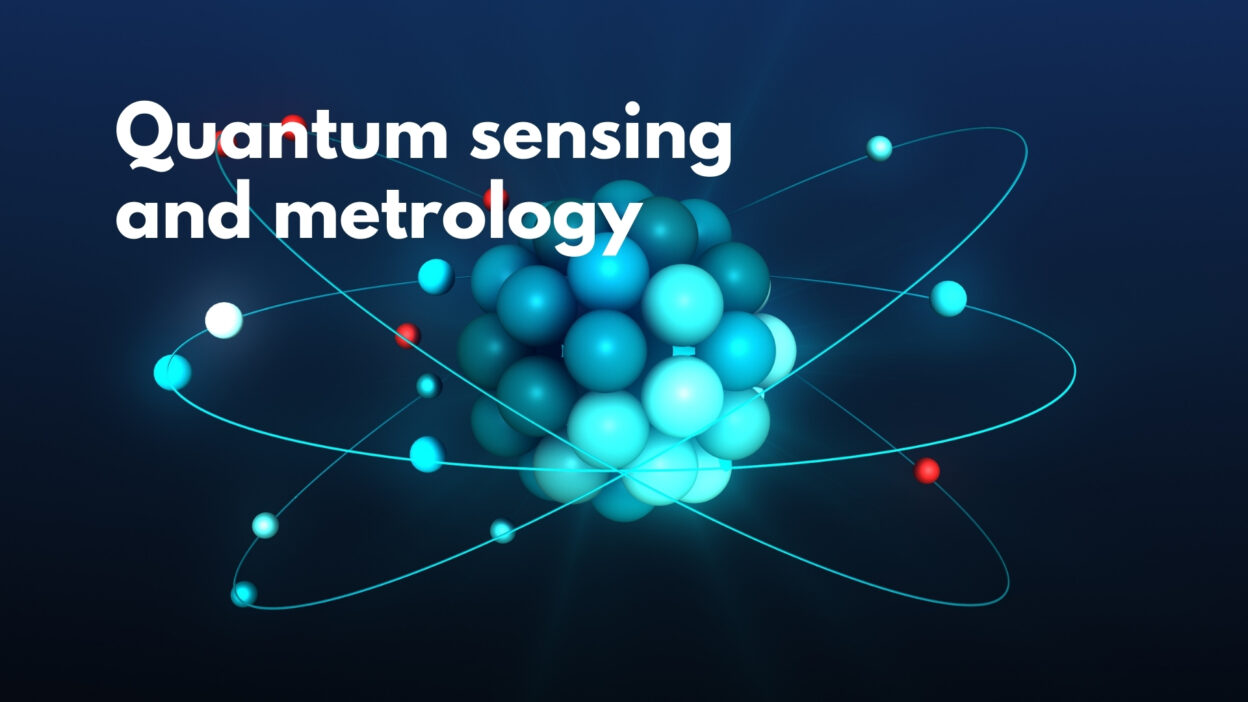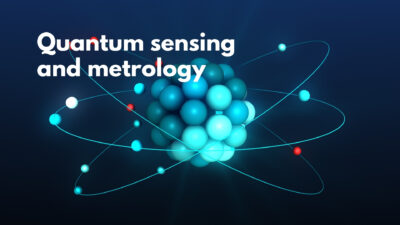Researchers at NIST are developing advanced optical spectroscopy techniques to study ultrafast dynamics in nanoscale materials. Their work focuses on:
1. Femtosecond nonlinear optical spectroscopy: Using ultrafast optical pulses to probe ultrafast electronic and vibrational dynamics in nanoscale materials. This allows them to study processes that occur on timescales too fast for conventional characterization techniques.
2. Symmetry-breaking nonlinear optical processes: They are developing novel characterization techniques based on generating and detecting symmetry-breaking nonlinear optical effects, such as all-optical current injection. This can provide new insights into material properties that are not accessible through linear spectroscopy.
3. Multidimensional coherent spectroscopy: In collaboration with West Virginia University, they are employing two-dimensional optical coherent spectroscopy to study exciton-polariton physics in semiconductor microcavities and other low-dimensional materials. This technique allows them to probe the complex interplay of electronic and vibrational states in materials.
4. Pump-probe techniques: They also employ conventional pump-probe experiments to study the dynamic response of materials following photoexcitation. These experiments have a time resolution of approximately 50 fs, allowing them to study ultrafast processes in materials.
The long-term goal of this research is to develop and refine advanced spectroscopic techniques based on nonlinear optics for the study of novel materials. These techniques have the potential to provide new insights into the fundamental properties of nanoscale materials and enable the development of new materials with tailored properties for various applications.
Keywords: Spectroscopy, Nonlinear, Optics, Dynamics, Materials



